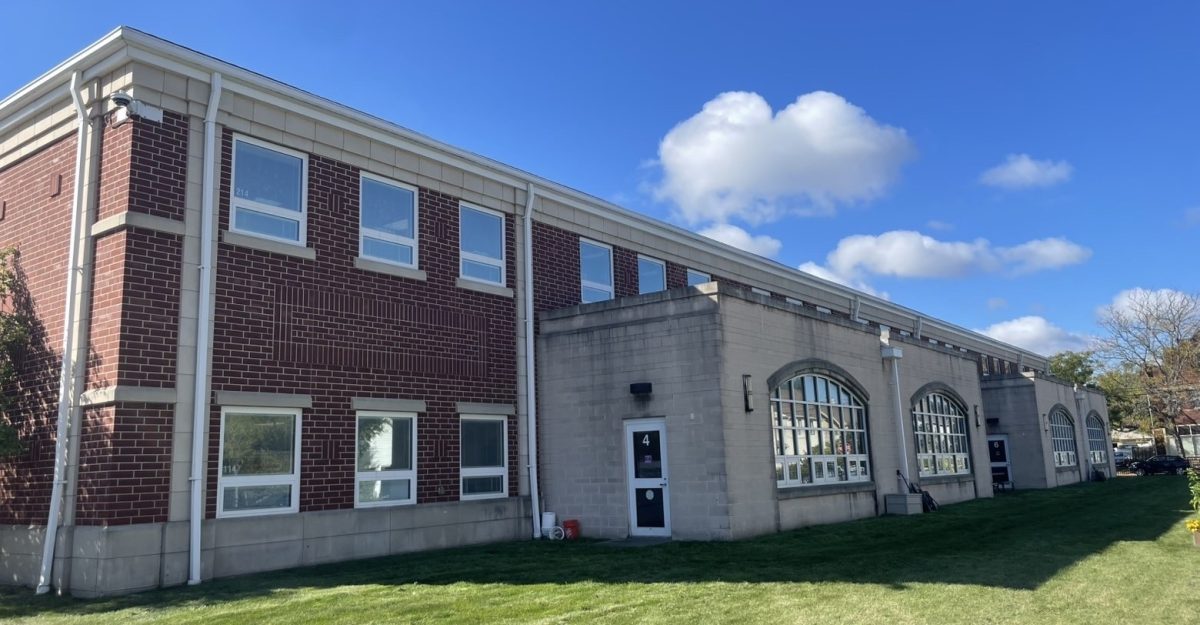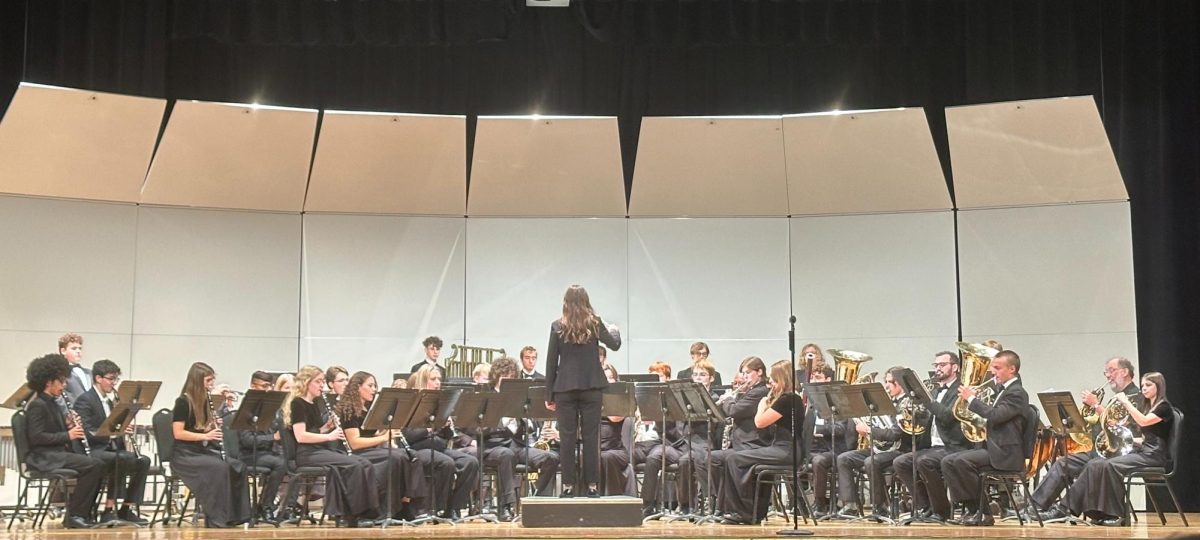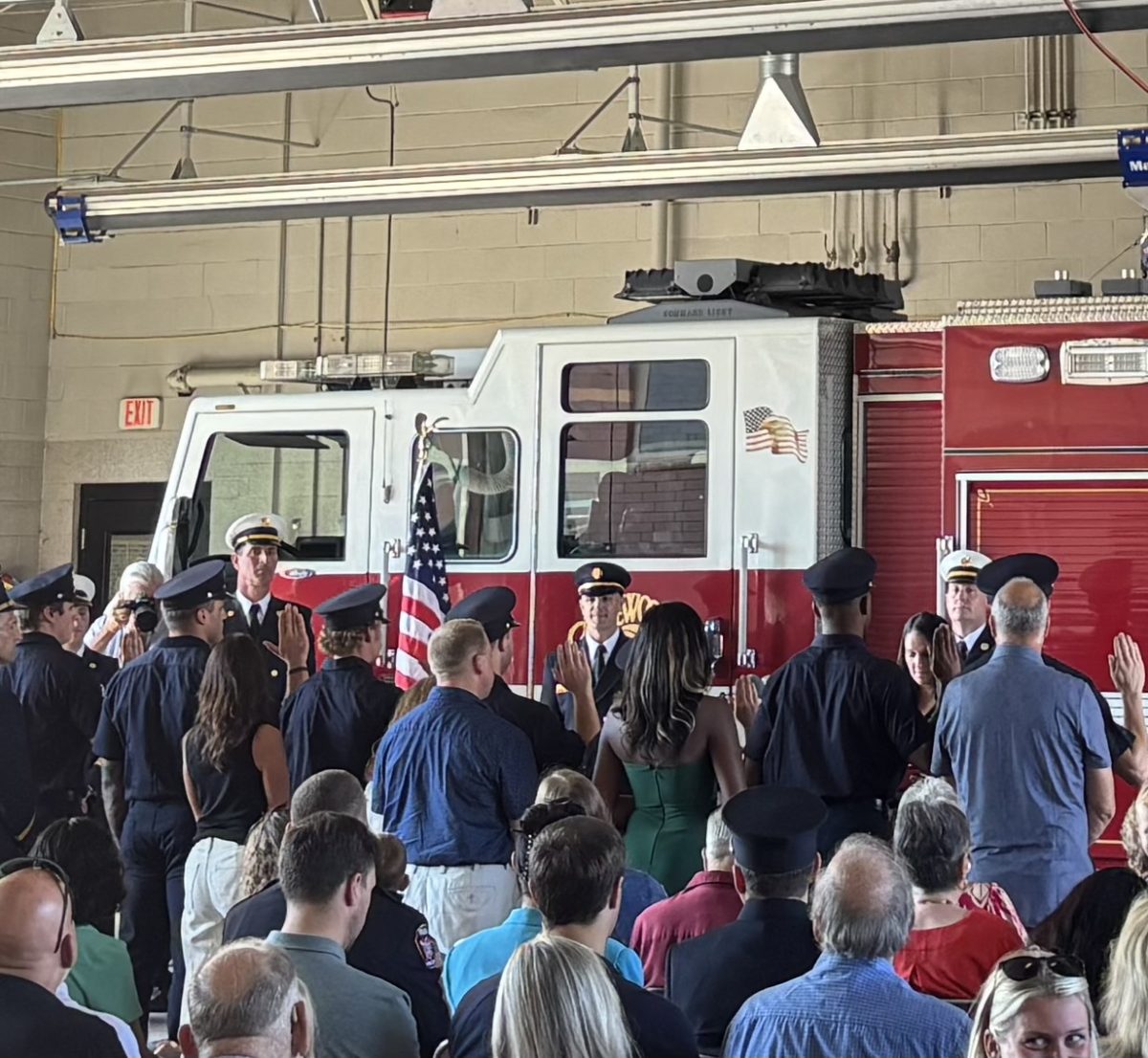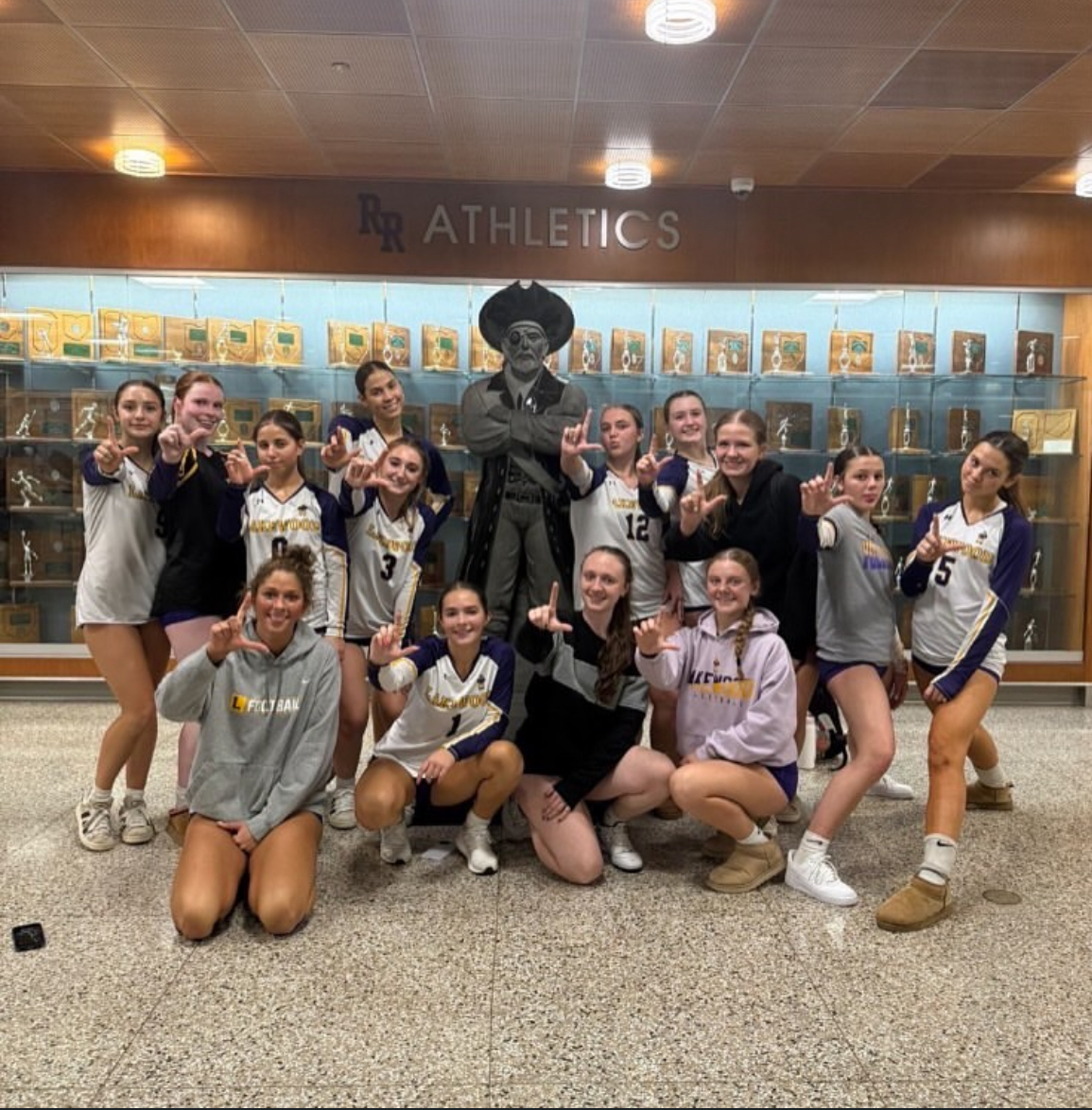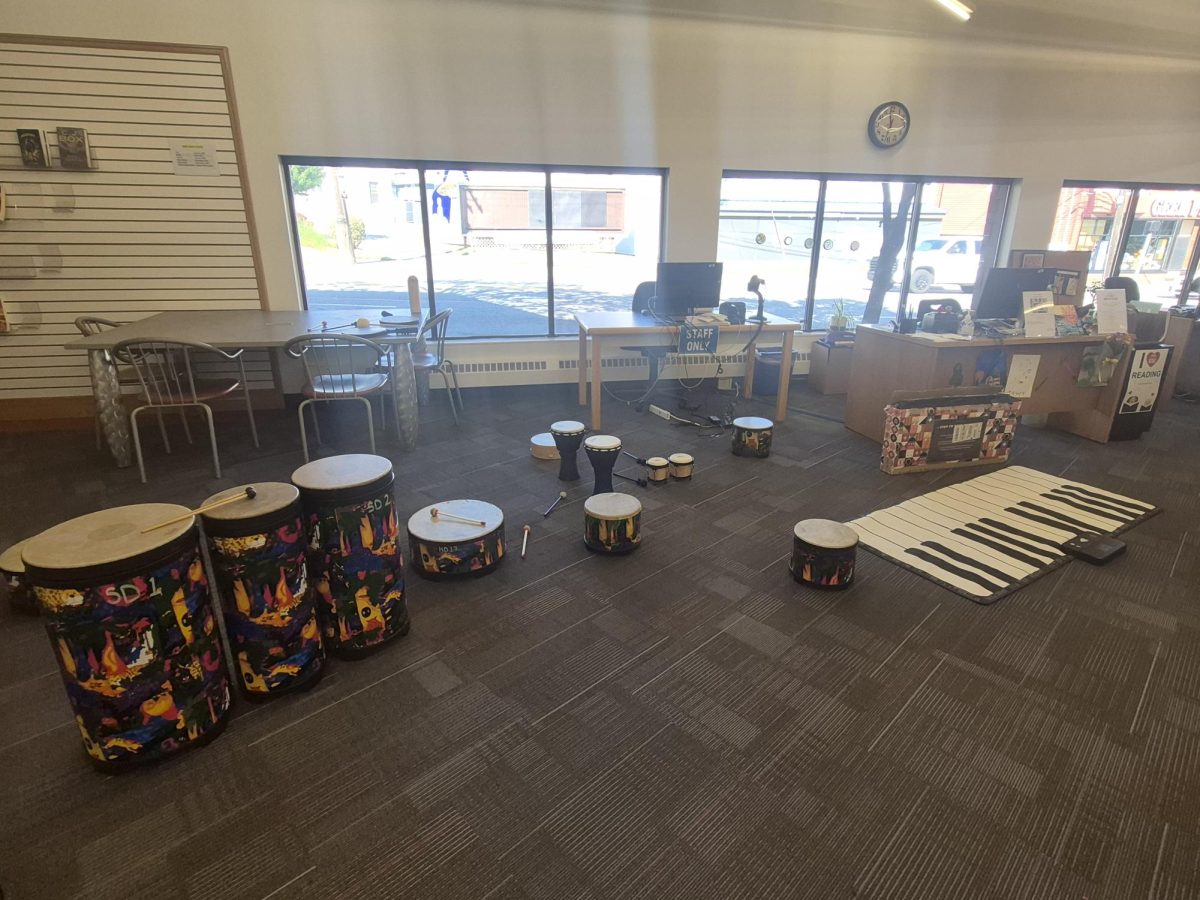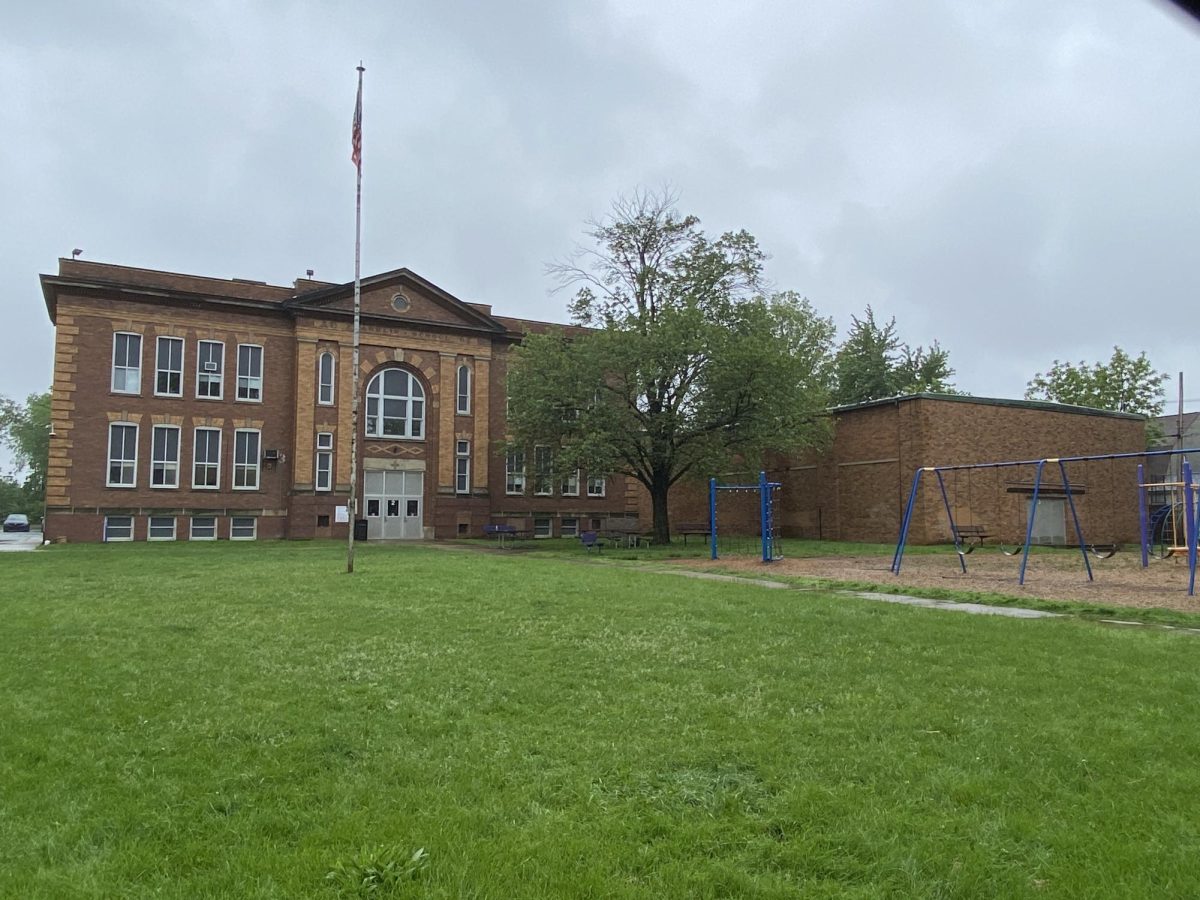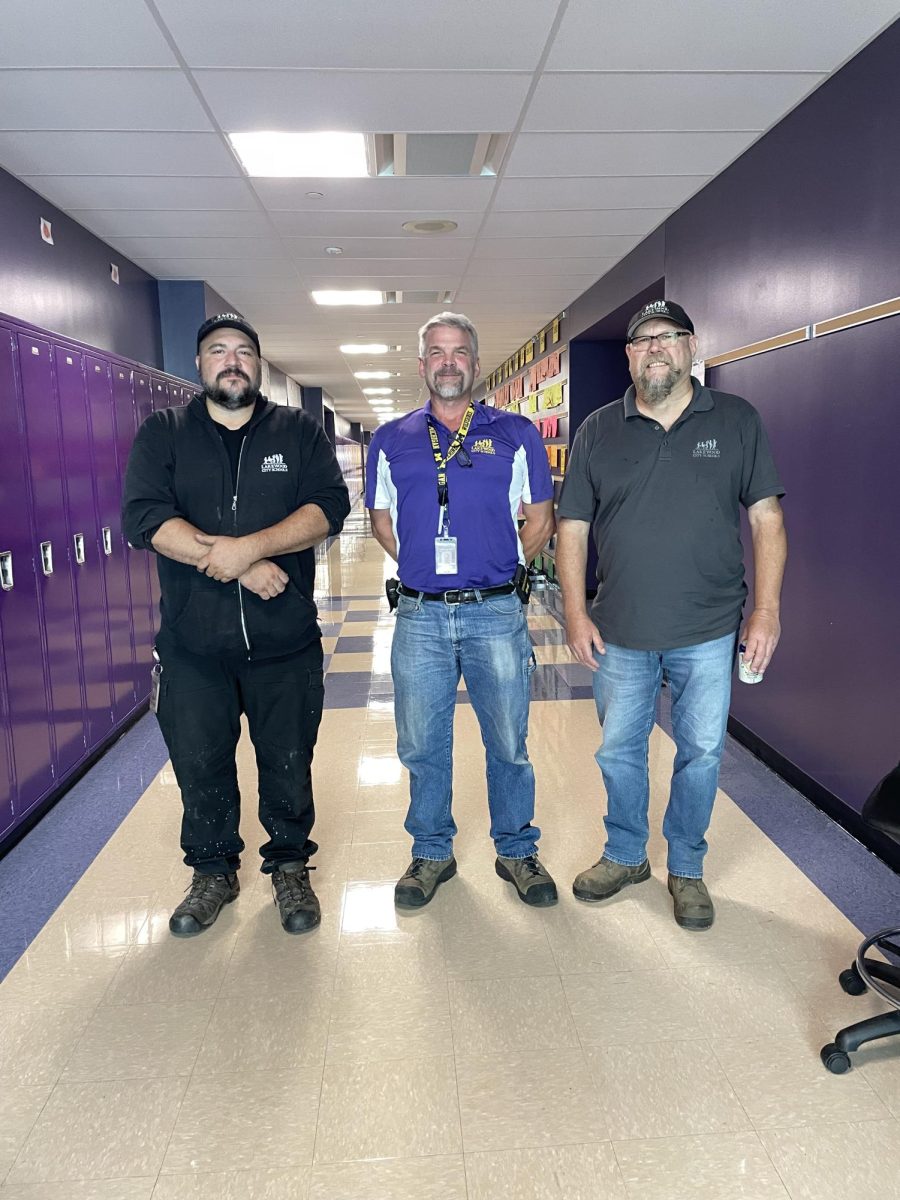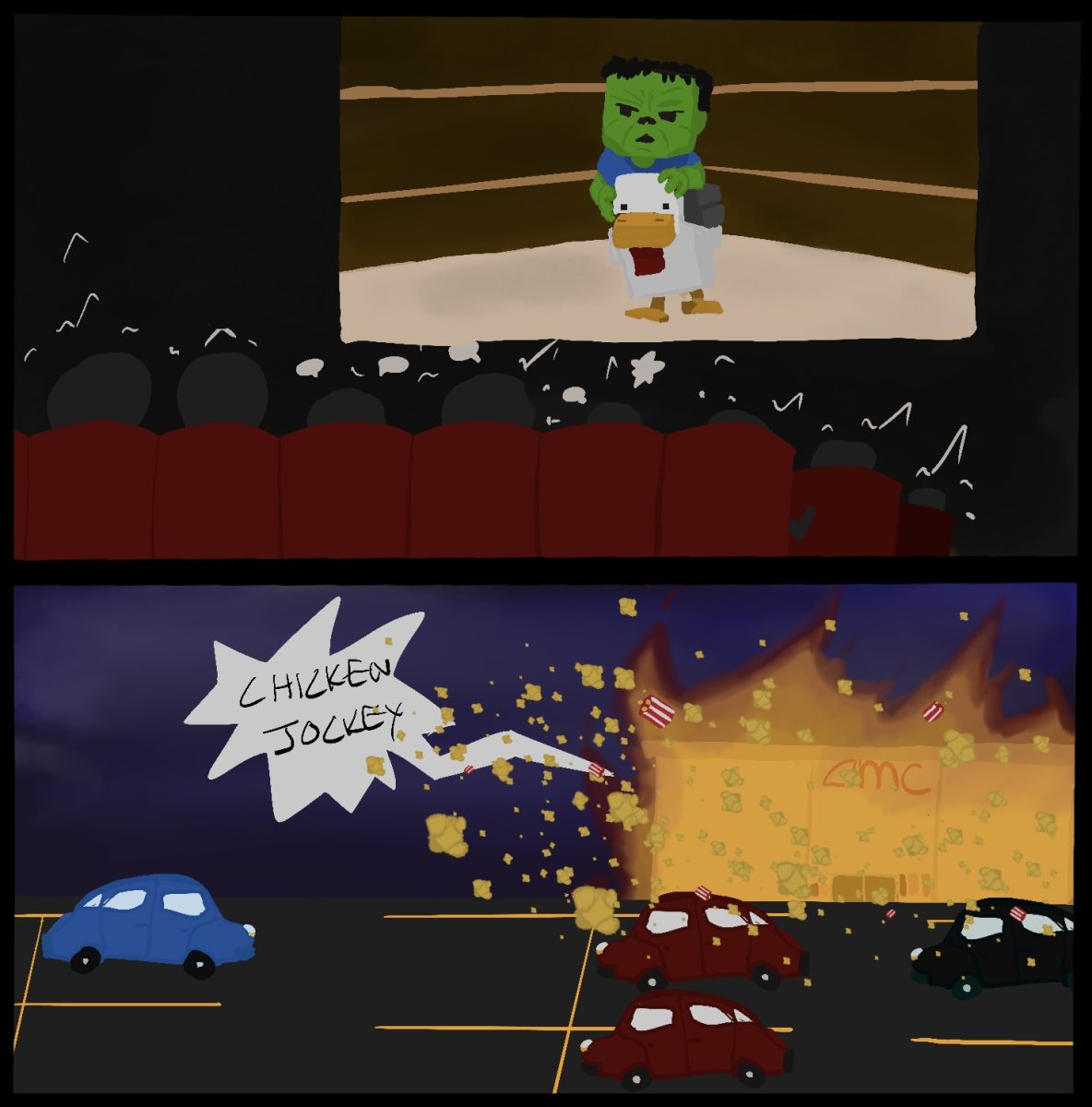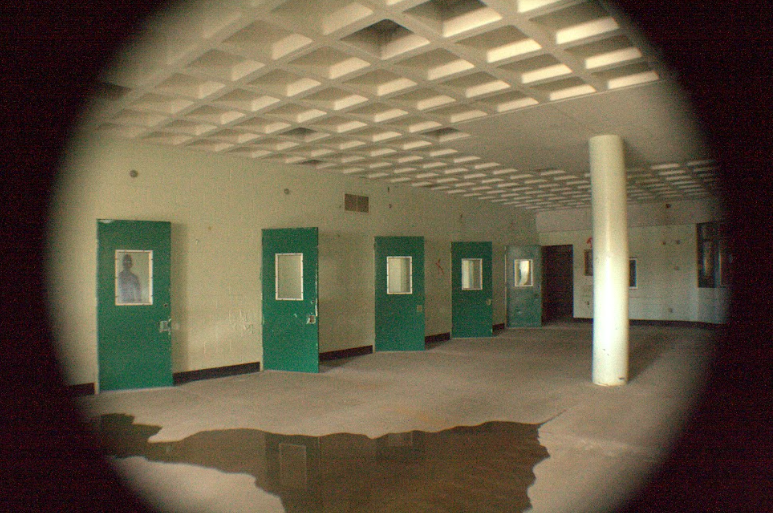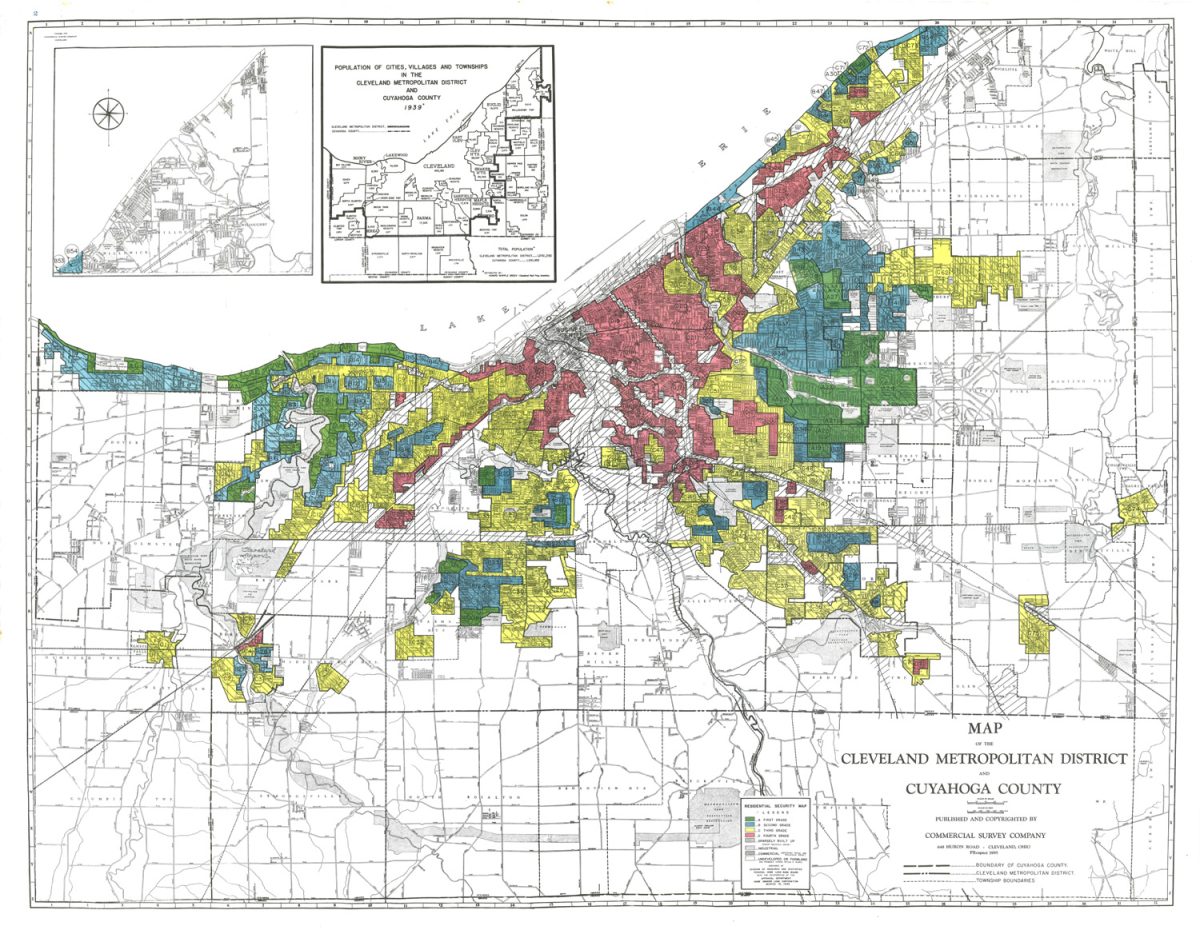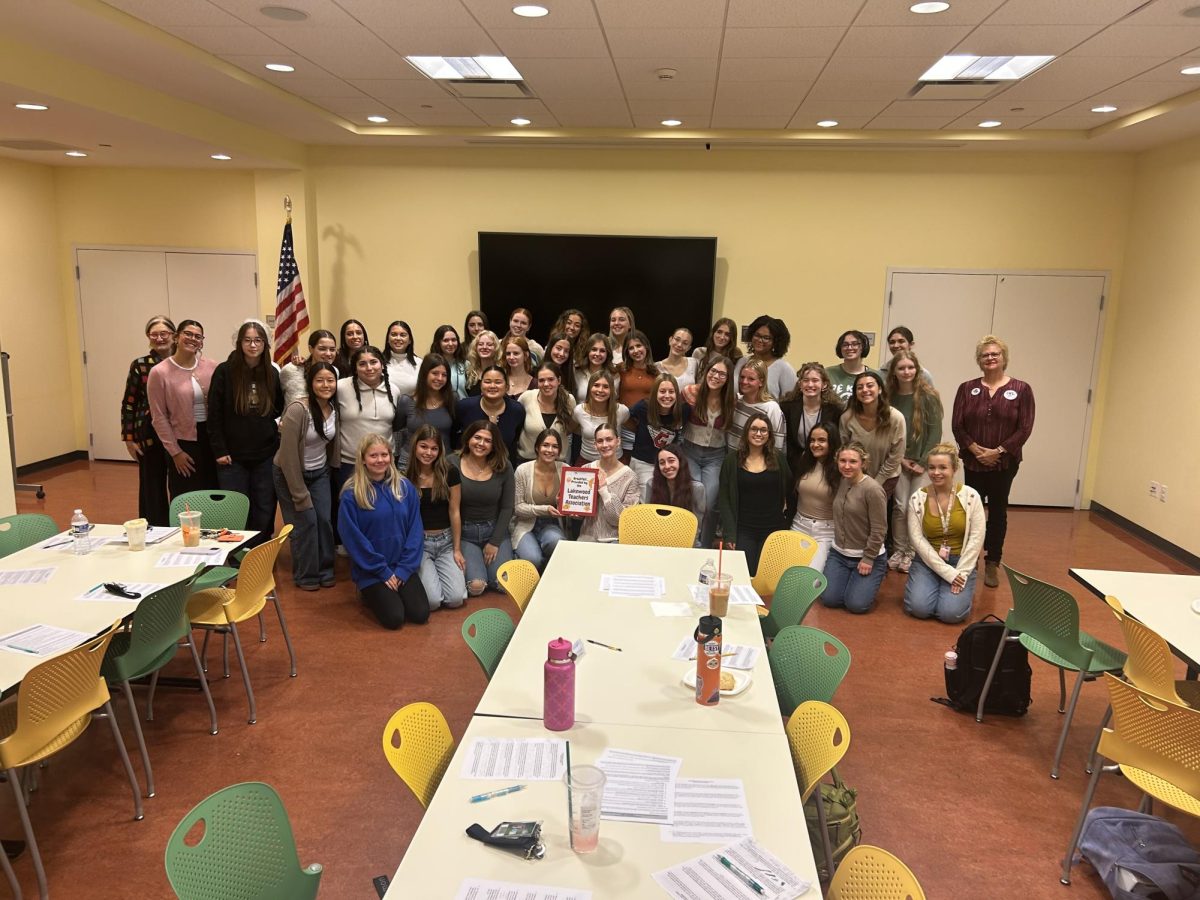At the most recent Lakewood City School District board meeting on Oct. 6, the district moved closer to resolving the ongoing conflict over reconfiguring an elementary school. Superintendent Maggie Niedzwiecki shared her suggestions with the school board and residents on a multitude of issues, including but not limited to educational program locations, playground remodeling, and her most pivotal recommendation: repurposing an elementary school.
Over the past year, some parts of the district pushed to reconfigure a school, citing declining enrollment and population trends. Lincoln Elementary, Grant Elementary, and Roosevelt Elementary are potential schools that may be repurposed. Only one is expected to undergo these changes if the decision is approved on Oct. 20.
The conflict is divided between two main groups. One supports reconfiguring an elementary school, citing lower enrollment, building capacity, and the need for a centralized preschool. The other, Preserve Lakewood Schools, a parent and community advocacy group, opposes the plan, arguing that the district’s data is unfounded and that restructuring the school would significantly impact traffic, education, and walkability in Lakewood.
This meeting on Oct. 6 was the last session before the Oct. 20 vote on whether to repurpose an elementary school.
The meeting started at 7 p.m. in the Lakewood High School cafeteria, which had been moved a week earlier to accommodate higher attendance. Nearly five times as many people attended as at the Sept. 15 meeting. Rows of cafeteria tables were filled, reflecting the meeting’s importance.
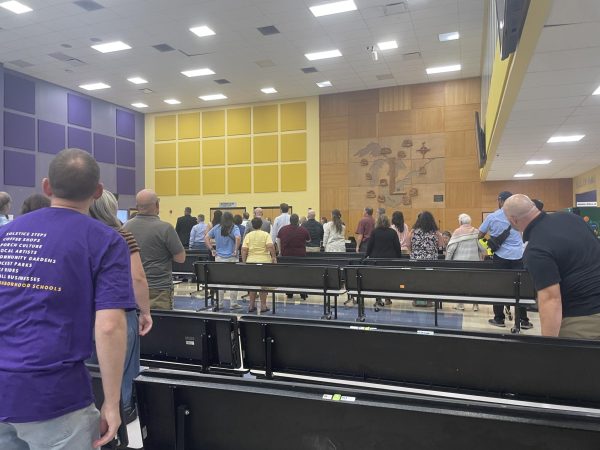
After an introduction, Niedzwiecki thanked the community for their involvement during the Sept. 20 Table-Top Conversation, then shared her suggestions for changes to the elementary facilities.
“We had a large group of parents and community members involved in that,” Communications and PR Coordinator Christine Gordillo said. “And it’s just something that is in the culture of Lakewood to be involved with their government and their school district. So we welcome input, and we have set it up to involve parent and community input.”
“As educational leaders,” Niedzwiecki said, “we have a responsibility to care for, protect, and maintain our facilities and buildings and periodically review the use of our facilities and the role each facility plays in helping us achieve our mission.”
In this briefing, the superintendent first shared the previous facility conversations, which were primarily aimed at moving Franklin School of Opportunity to the high school and expanding West Shore offerings. She then detailed how local feedback and data influenced this proposal.
Niedzwiecki’s recommendation begins with moving CHAMPS and RISE programs to different elementary schools. CHAMPS will move from Horace Mann Elementary to Hayes Elementary, and RISE will move from Emerson to Horace Mann. The STARS program will remain at Emerson Elementary.
Niedzwiecki also recommended moving gifted self-contained classrooms from Grant Elementary to Hayes Elementary.
“The opportunity to use our additional classrooms resulting from the enrollment decline,” Niedzwiecki said, “allows us to place students with mobility needs in a building where they will not need to use an elevator to access their classroom or recess.”
She then shared her opinion to rebuild and renovate the playgrounds at Horace Mann, Emerson, and Hayes. She suggested planning accordingly for these improvements.
Next, she suggested improving student walkability by adjusting safety measures and increasing the number of crossing guards.
After this statement, she shared her primary recommendation for the evening: converting Lincoln Elementary School into an early learning center.
“It was very shocking to hear the superintendent’s recommendation to close Lincoln,” Preserve Lakewood Schools representative Jennifer Schlosser said, “or any elementary school.”
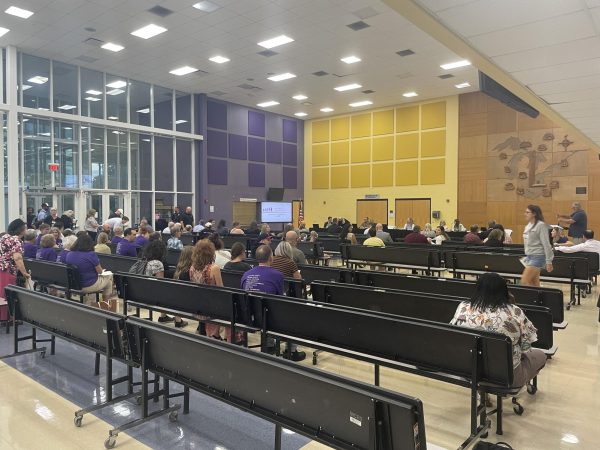
Her recommendations are based on student records, public opinion, and research, including enrollment trends, building capacity, class sizes, and walkability.
If this decision is approved by the school board, an implementation plan will be developed, and boundaries will be redrawn with a tentative deadline between spring and fall 2026. Changes would take effect at the start of the 2027-28 school year.
“By utilizing this building as an asset,” Niedzwiecki said, “we can repurpose it if we have a significant enrollment surge in the future.”
After the superintendent shared her primary recommendation, the floor was opened to questions from the school board. The main concern from board members was how district boundaries would be drawn and whether they would be established before or after the vote.
“All of this time and effort that went into this presentation and this whole past year having this conversation,” Nora Katzenberger, school board president, said, “what we’re gonna be talking about over the next couple of weeks—I appreciate everyone’s thoughts and feelings.”
After questions were shared, Katzenberger outlined the board’s resolution regarding the voting process during the Oct. 20 meeting. The board then offered comments on the district and opened the floor to public speakers.
Nearly 20 public speakers shared their views, and after nearly an hour of public comment, several key takeaways emerged. Many of these speakers were from the Preserve Lakewood Schools organization. A common critique from this group is that they feel there has been a lack of transparency from the school board during the process.
“This process should have begun with open community meetings, not ended with them,” said Caity Solomon, a member of Preserve Lakewood Schools.
Many other citizens spoke out to voice their belief that the board should not close a school but instead find an alternative.
After the community voiced its opinions, the meeting was adjourned. The session offered insight into Lakewood Schools’ future and the goals Niedzwiecki has for the district.
The school board is set to vote at the Oct. 20 board meeting, which will be held at the Lakewood High School cafeteria.
“I would just hope whatever decision is made that our community can accept it as it’s being made by their elected officials,” Gordillo said. “Because the most important thing is that we need to move forward with our kids being foremost in our minds. So that would be my hope, is that we can all come together, work together, to make sure whatever change is going to occur, that it’s the smoothest possible for our students.”

